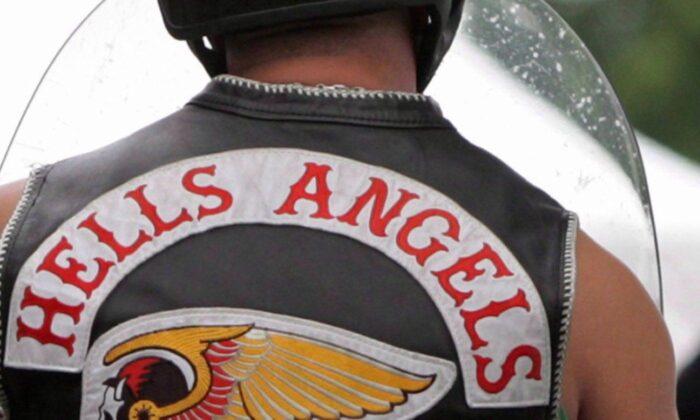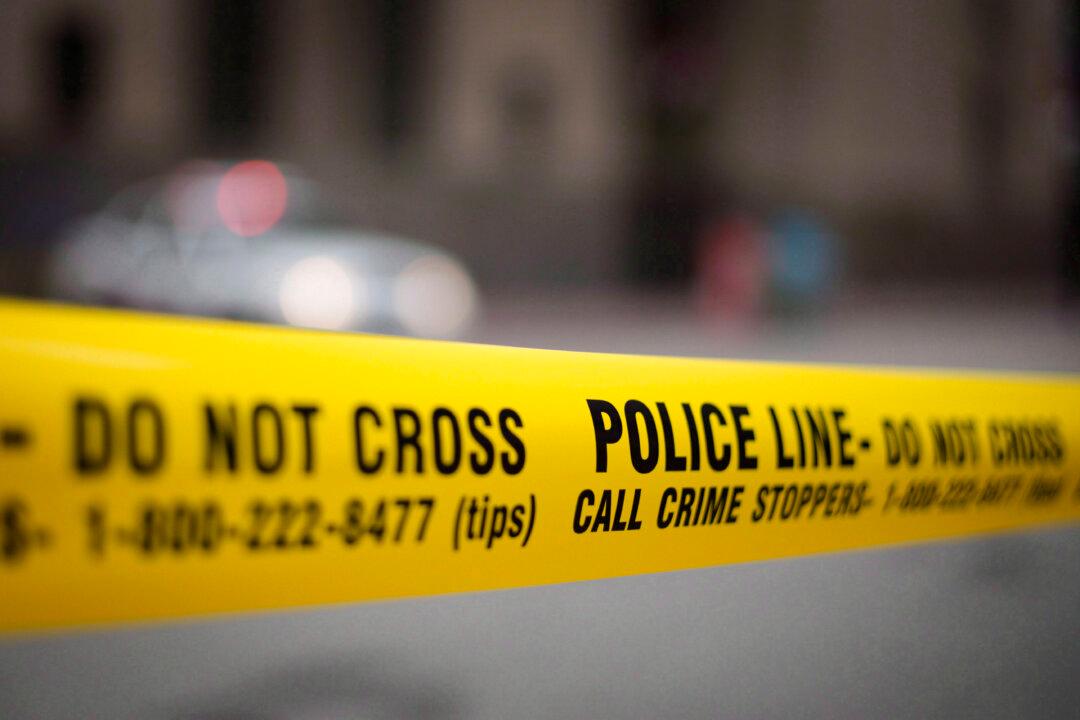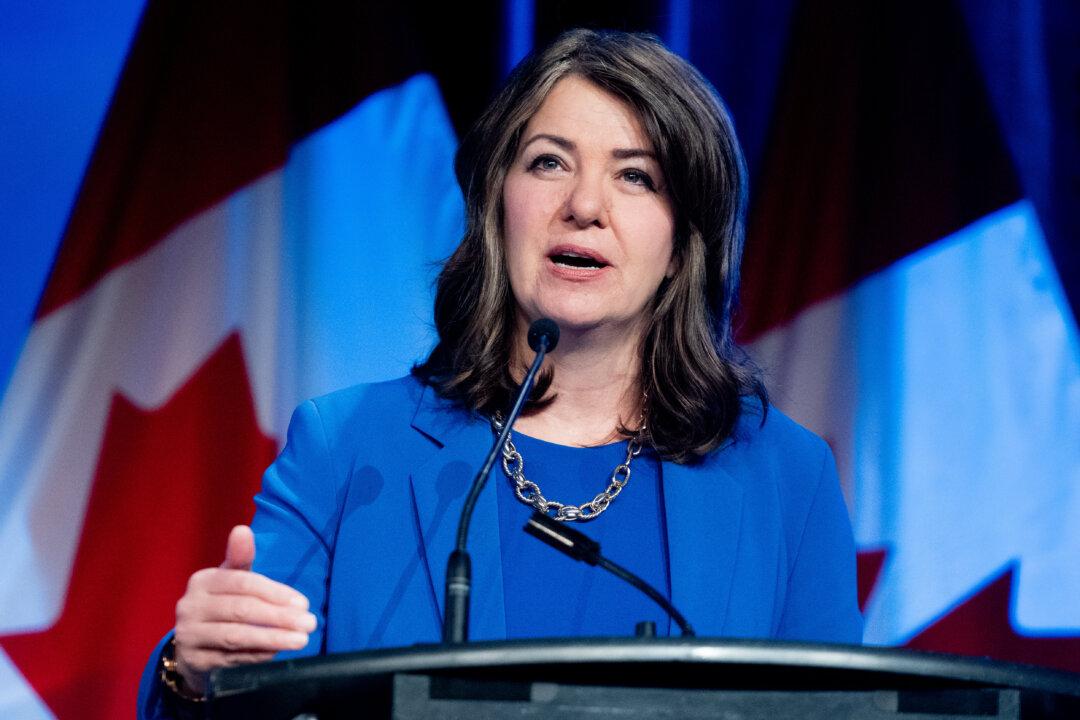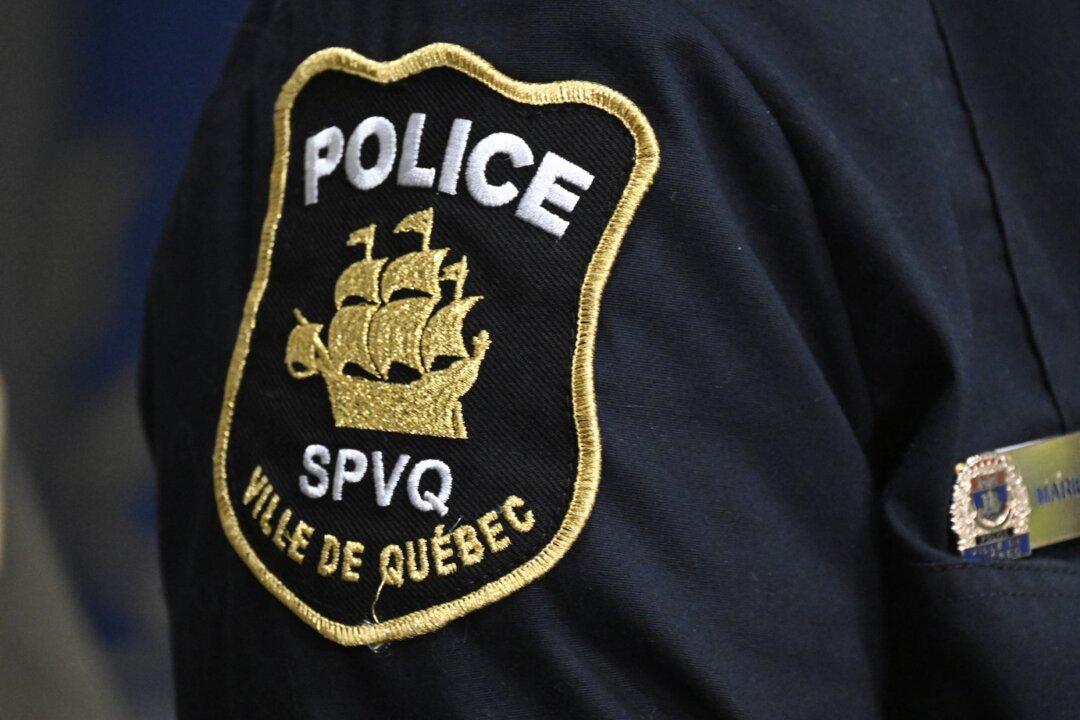British Columbia’s Appeal Court has overturned a lower-court ruling and ordered the Hells Angels motorcycle club to surrender three properties under the province’s Civil Forfeiture Act.
The unanimous decision by a three-member panel issued Wednesday, says a B.C. Supreme Court justice was wrong to find “no evidence” that the Hells Angels’ clubhouses in Nanaimo, Kelowna and Vancouver were used for the planning or commission of criminal activity.
Justice Mary Newbury writes that the lower-court ruling was “tainted” in several ways, including by failing to link Hells Angels’ efforts to avoid criminal detection with the club’s demonstrated “penchant for secrecy” and “preoccupation with rats and snitches.”
Story continues below advertisement
She finds the trial judge did not account for evidence showing Hells Angels members had “committed serious crimes” in the past or that the clubhouses “provided a safe space” to plan or commit crimes, and rules the inference is “inescapable” that the properties would be used the same way in future.
The decision orders Hells Angels members with an interest in the three clubhouses to pay the costs of the appeal and requires the titles of the properties to be transferred to the province, with funds from any sales paid to the civil forfeiture account.
The B.C. Assessment website shows a total combined value of just over $3 million for the properties, described in the ruling as fenced and gated, with metal, outward-opening doors to prevent forced entry, extensive security systems and other measures to “prevent police from surreptitiously monitoring” Hells Angels activities.
Greg DelBigio, the lawyer who represented those associated with the Vancouver and Kelowna clubhouses, told The Canadian Press he had no comment on the Court of Appeal ruling or on any possibility of an appeal to the Supreme Court of Canada.
Premier David Eby said the ruling “confirms the direction” the province is taking on organized crime.
“I think this sends a strong message under our existing civil forfeiture regime to criminal organizations,” Eby said in Victoria.
Story continues below advertisement
The decision stems from a court battle that began in 2007 after a police raid of the Nanaimo clubhouse.
Efforts were launched to seize the clubhouse under the civil forfeiture legislation, which expanded several years later to include the clubhouses in Kelowna and Vancouver.
It prompted an 11-year court battle that the original trial judge referred to as a “procedural quagmire.”
The trial ended in 2020 with the dismissal of the claims made by the director of civil forfeiture, in part on the grounds there was no proof the clubs would be used for future criminal acts.
All three properties were ordered returned to the Hells Angels but the B.C. attorney general and the director of civil forfeiture appealed that decision last year, ending with the B.C. high court reversing the decision.





